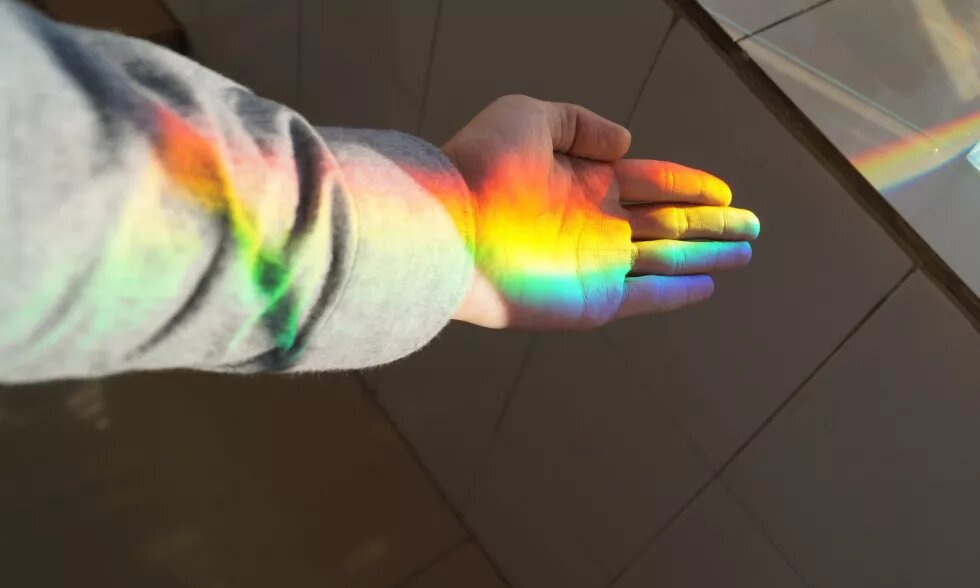As a minority within the minority, spaces for queer refugees are scarce. Mohammad Dalla organized "Queer and Here" to adress the urgent need for visibility, nationwide guidelines on special vulnerability, as well as scientific research on the experiences of queer refugees - a step towards dignity and genuine safety.

What is it like to be a queer refugee in Germany? Many refugees have found safety and started a new life in the country that is considered a “role model” in dealing with the so called “refugee crisis”, accepting the largest proportion of asylum claims in the EU - but is it the same for queer refugees? The experiences of SOGI (Sexual Orientation and Gender Identity)-claimants as asylum seekers also intersect with questions of gender and sexuality. This requires specialized support to ensure that their human rights are respected. And despite important steps such as recognizing their asylum claims as legal ground for asylum, and recognizing the “special vulnerability” of SOGI-claimants by the State of Berlin in recent years, we are still very far from having a comprehensive asylum system that ensures their safety and dignity.
As a result of cooperation between the Gunda-Werner-Institute and the Mentoring Program of the Center for Migrants, Lesbians and Gays (MILES) of the Lesben- und Schwulenverband Deutschland (LSVD) Berlin-Brandenburg, the project “Queer and Here” took place at Baynatna. The Arabic Library in Berlin at the end of November 2018. About 25 SOGI-experts and activists came from all over Germany to discuss some of the political and legal aspects of SOGICA (Sexual Orientation and Gender Identity Claims of Asylum).
In August 2015, based on the EU Directive 2013/33/EU, the Berlin Senate pointed to the consideration of special circumstances of ‘vulnerable people’ in their “Administration and Integration Concept for Asylum Seekers and Refugees” and included SOGI-claimants in the group of the ‘most vulnerable’ in their “Masterplan: Integration and Safety”. However, the situation is still far from perfect. Berlin is the only federal state in Germany that has recognized the special needs of SOGI asylum seekers, created a plan and put it into practice. Also, Berlin and Nuremberg are the only cities which have special accommodation centers for SOGIC-claimants. What can we learn from the Berliner experience? What is (not) working? How do we find the support that meets the needs? And how do we reach a nationwide recognition of the “special vulnerability” of SOGI-claimants? These were the central questions of the first workshop that I have organized, being part of the organizing team. Moreover, two parallel workshops covering two of the most important challenges facing queer refugees followed: “How to find an apartment?” by Katharina Stökl from Interaxion, and “Psychological Emergency Support” by Aileen Kakavand (MILES/LSVD).
Solidarity and building networks are steps in the right direction, but they are not enough. Most initiatives, NGOs, and self-help groups are focusing on the most urgent issues, such as housing and legal consultation. Therefore, they have little capacity left for advocacy work, reaching out to larger audiences, building up new alliances, and improving the visibility of the SOGI-claimants as a community. This was one of the various points analyzed by the participants. Furthermore, there is a lack of scientific research (to date, there are no reliable statistics regarding the numbers of SOGI asylum seekers), documentation and reports on the situation of SOGI-claimants, which needs to be changed if we want to see further developments. The goals are clear: reaching nationwide legally-binding guidelines and frameworks for processing SOGI-claims of asylum, developing a comprehensive system that takes the various factors, structures of oppression, Queer-phobias and racisms into account, and finding strategies to deal with the politicians’ obliviousness towards people who are not allowed to vote.
“If we undermine refugee rights, we undermine human rights.” in these words, one of the activists summarized the message of “Queer and Here”. The - already complicated - asylum system is getting stricter, and the spaces for queer refugees are increasingly shrinking, whilst the issues of this minority within the minority are left unaddressed. Protecting minority rights must not be an optional policy issue in a genuine democracy, it is a crucial requirement to sustain justice and we should never forget that.
Mohammad Dalla curated the network of queer-activists for this project and contributed to the concept for “Queer and Here” in cooperation with the GWI and Richard Ernest Badih.
Read the article "Getrennt marschieren - vereint argumentieren" by Richard Ernest Badih on our German website. As a participant of the project, he reflects on the concept of dignity and protection for refugees. In our modern world, dignity is more than the guarantee of basic needs - it is also visibility and spaces of protection beyond necessities. What is necessary to provide this special protection and create real dignity?

